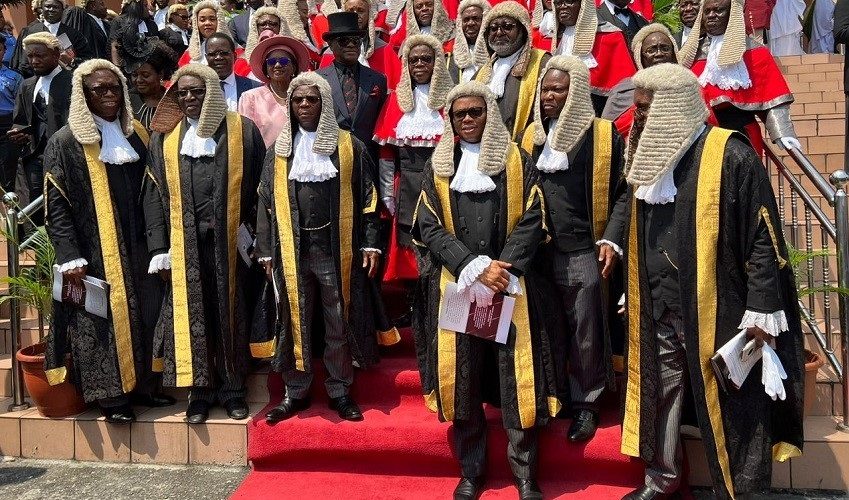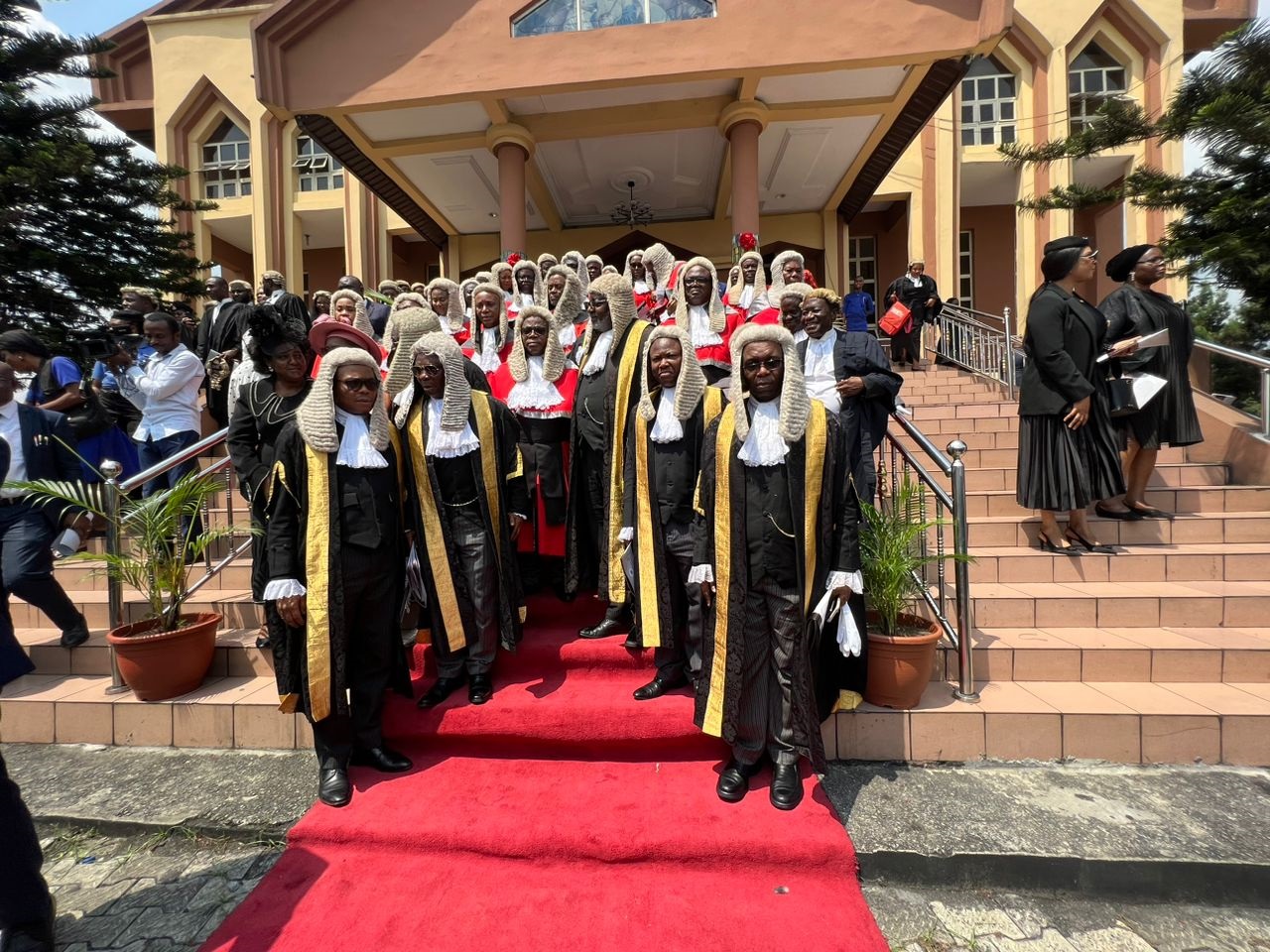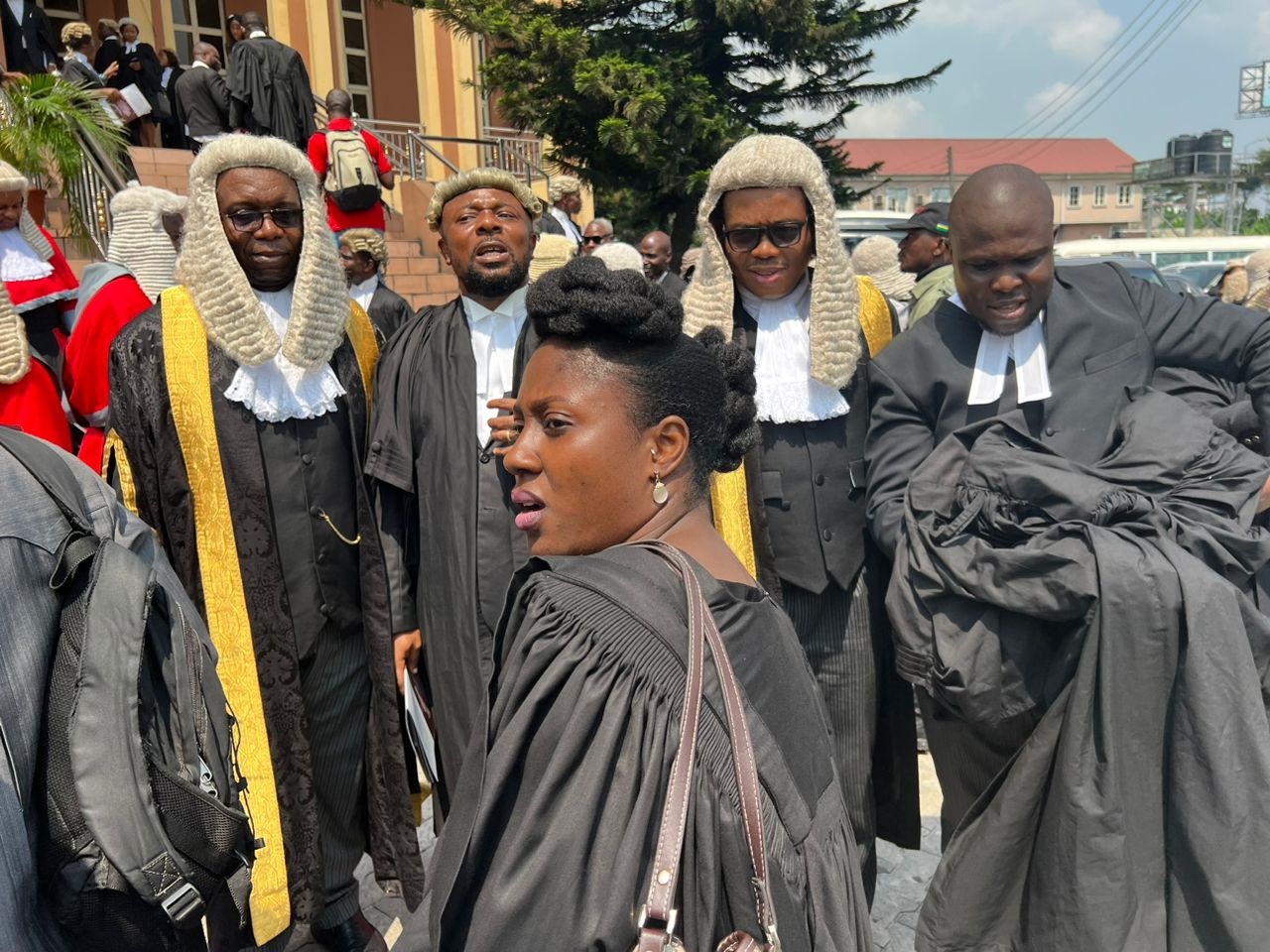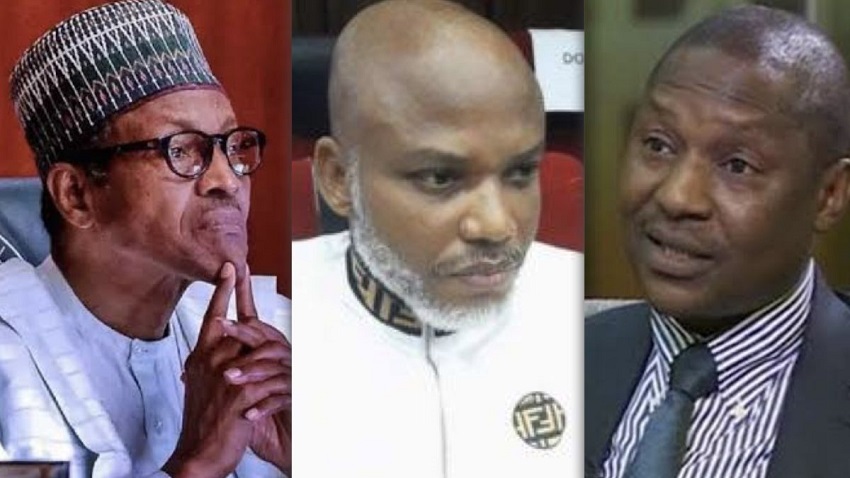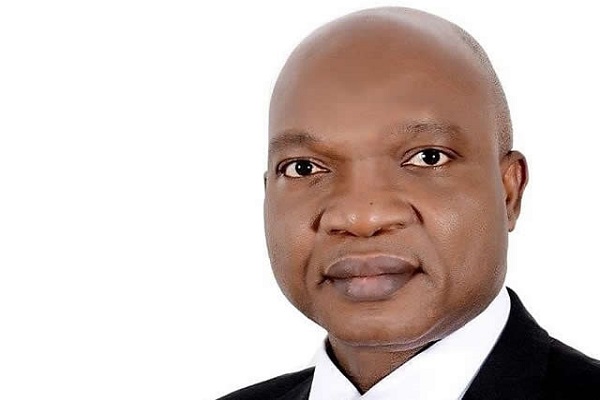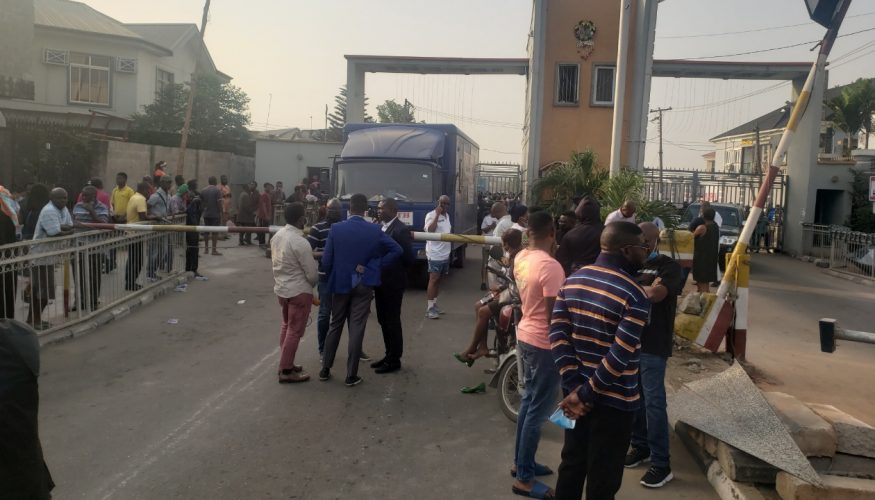ESCHEW JUDGMENT WITHOUT JUSTICE, AFAM OSIGWE URGES JUDGES
In this piece to herald the 2022/2023 Legal Year of Rivers State Judiciary, senior lawyer and former Nigerian Bar Association (NBA) General Secretary, MAZI AFAM OSIGWE SAN urges the nation’s Judiciary to reverse public perception that judges deliver judgments that do not give justice, even as he called on the Bar to be ready to defend the Judiciary when necessary
IT IS IMPERATIVE TO ONLY APPOINT JUDGES WHO GIVE JUST JUDGMENTS
The imperativeness of appointing judicial officers who shall judge rightly, give just judgments and not pervert justice was at the center stage today (23/11/2022) during the opening of the 2022/2023 Legal Year and Re-dedication service of the Rivers State Judiciary. To underscore this, the first lesson was taken from Deuteronomy 16: 18-20. It was read by the Governor of Rivers State, His Excellency Nyesom Ezenwo Wike.
The passage reads:
“You shall appoint judges and officers in all your gates, which the Lord your God gives you, according to your tribes , and they shall judge the people with just judgement. You shall not pervert justice; you shall not show partiality, nor take a bribe, for a bribe binds the eyes of the wise and twists the words of the righteous. You shall follow what is altogether just, that you may live and inherit the land which the Lord your God is giving you”.
As I wish the Rivers State Judiciary, lawyers , judiciary workers and all court users a productive and result-driven Legal Year, may I remind all members of the legal community in Nigeria of the truth of the statement made by one-time Chief Justice of Nigeria, Honourable Justice Dahiru Musdapher, on Monday, the 19th day of September, 2011, that the society is not entirely satisfied with the judiciary (I dare say lawyers too). According to His Lordship, “Hard as it may be to accept, we feel it is less important to focus on whether this assessment is fair or not. The important thing is for us to transparently come to terms with the prevailing realities accept the gap in expectations, and do our utmost to bridge it”.
More Nigerians readily agree that many of our courts do not give justice I.e. they deliver judgments that do not give justice, waste a lot of time, are corrupt, are places where judicial power is easily abused and the poor oppressed. Many believe the judiciary does not protect the indigent, as the rights and interests of the citizens are no longer perceived to be a priority for the courts. Many believe the delays and increasing cost of litigation have cost the judiciary of its description as the “last hope of the common man”. Many will readily point at many things that are wrong with the justice delivery system while acknowledging their successes. Lawyers, judges, law enforcement officers and court staff are routinely blamed for these problems. The people lament the penchant of the legislature in amending the constitution and electoral laws to give pre-eminence to electoral matters at the expense of commercial disputes, human rights violation and criminal cases. There is therefore a huge gap between peoples’ view of the type of justice to expect in the country and what obtains in our very courts.
“More Nigerians readily agree that many of our courts do not give justice i.e. they deliver judgments that do not give justice, waste a lot of time, are corrupt”
The expectation of a justice delivery system that is efficient, effective, even-handed and cost-effective is not baseless, as the effectiveness or otherwise of the justice system of any social order and reflects the confidence the public has in it. It also shows the extent to which state and authorities are able to achieve regulative capability among the citizens. Sadly for Nigeria, the common man, the rich and the state do not have confidence in the justice system.
It is a commonly agreed position that Nigeria can only attain the much desired socio-economic and political development, stability and sustainability if it has an effective and efficient justice system. Such justice system will guarantee the maintenance of laws and regulation of the state, citizens behaviours and relations. Nigerians are groaning under the weight of depleted public revenue occasioned by profligacy, waste in governance, misplaced priority, terrorism and insecurity, lack of transparency in the management of public funds, corrupt practices, gross violation of human rights, prolonged detention without trial, disobedience of court orders, intimidation of judicial officers etc. Accordingly, Nigerians expect that the only thing that could guarantee them some degree of enjoyment of their fundamental rights as well as accountability in government is effective administration of justice. We hope that all of us will join hands to ensure we enjoy effective justice delivery in Nigeria.
This piece is not to suggest that the judiciary has not done well or acted in the overall best interest of Nigeria, but to show that more remains to be done. Indeed, the effects of interference, intimidation, insufficient funding /lack of financial autonomy among others on administration of justice are not lost on one. Intimidation and lawlessness by members of the executive especially law enforcement agencies abound. They show contempt to court orders when they are not in their favour or do not please them. The legislature is not left out in this trend.
The judiciary, in a democratic polity like Nigeria must be properly insulated from undue political pressures and the attendant political manipulation or executive interferences. Access to judges outside official channels has been one of the greatest problems that further threaten the independence of the judiciary in Nigeria.
We can get it right only if we choose. Right persons must be appointed as judicial officers. There should be an objective of assessing them without undue reliance on the number of judgments they deliver. They should be insulated from all forms of interference and intimidation. The Bar must of course be there to speak on their behalf when they cannot. The constitutionally enshrined financial autonomy must be respected. Lawyers have a pivotal role to play in all this.
#fortheloveoftheprofession #dedicatedtojustice
#lawyers
#nigerianbarassociation
MAZI AFAM OSIGWE, SAN
23/11/2022, Port Harcourt
To join our Telegram platform, please click here
COPYRIGHT 2022 CITY LAWYER. Please send emails to citylawyermag@gmail.com. Join us on Facebook at https://web.facebook.com/City-Lawyer-Magazine-434937936684320 and on TWITTER at https://twitter.com/CityLawyerMag. To ADVERTISE in CITY LAWYER, please email citylawyermag@gmail.com or call 08138380083. All materials available on this Website are protected by copyright, trade mark and other proprietary and intellectual property laws. You may not use any of our intellectual property rights without our express written consent or attribution to www.citylawyermag.com. However, you are permitted to print or save to your individual PC, tablet or storage extracts from this Website for your own personal non-commercial use.
